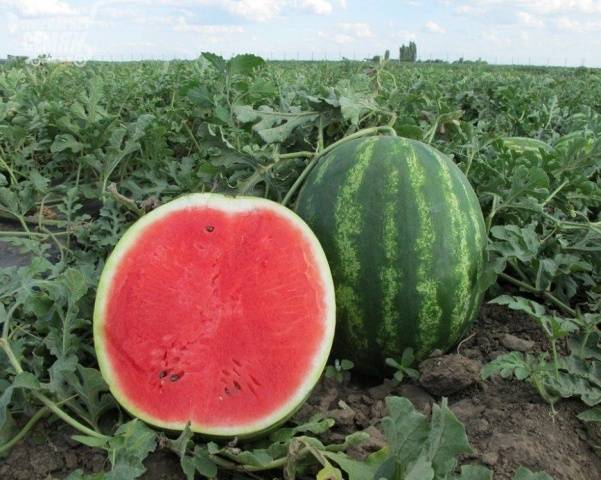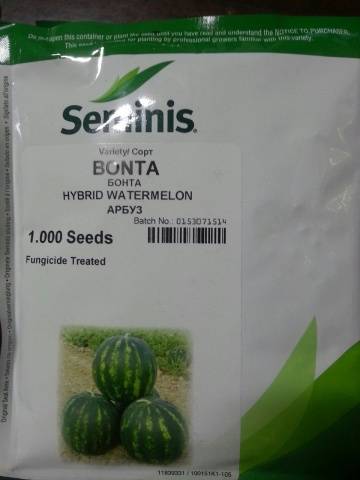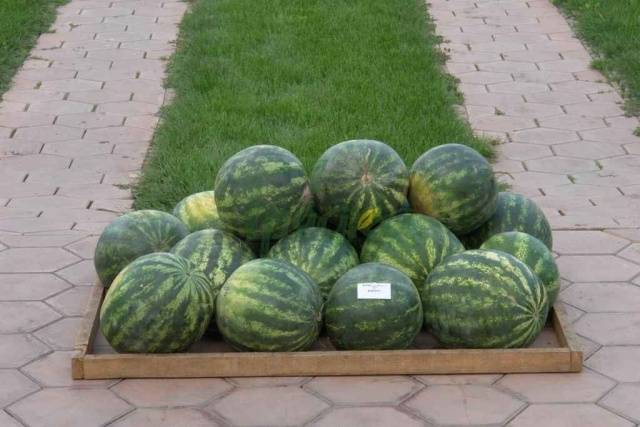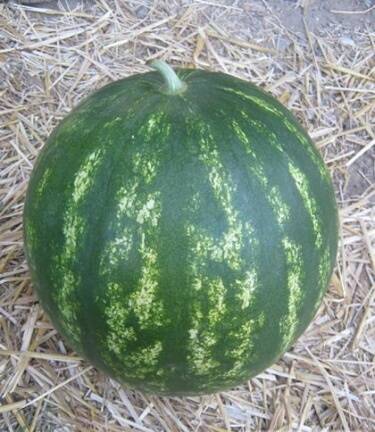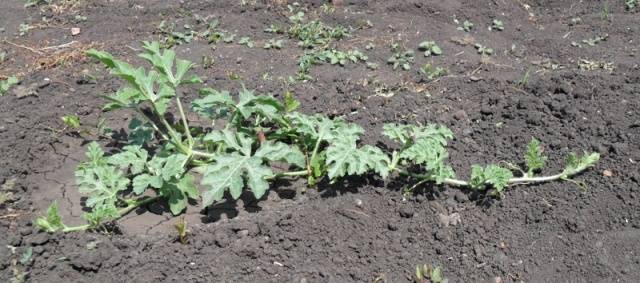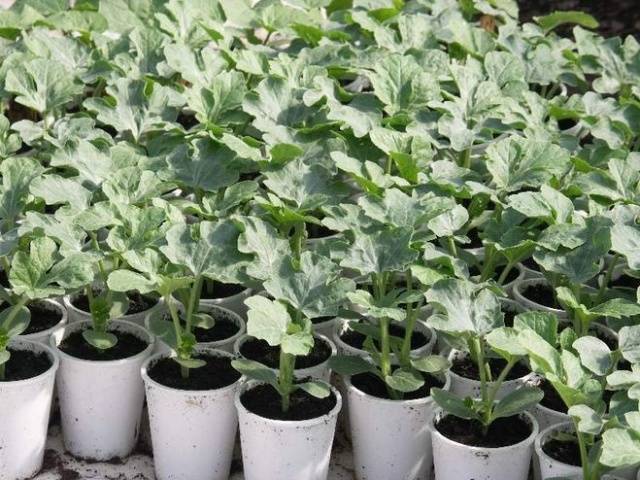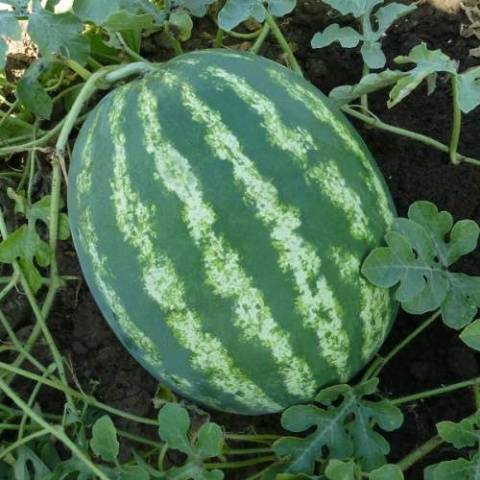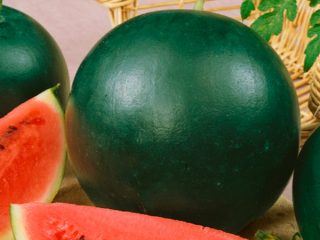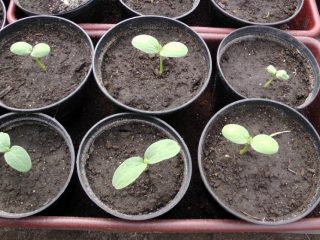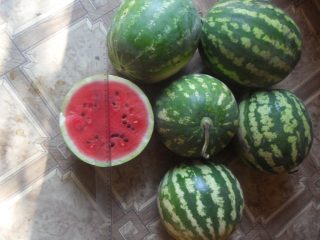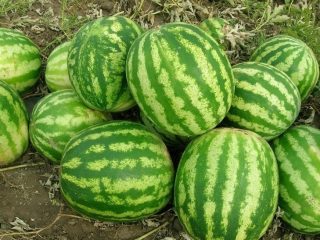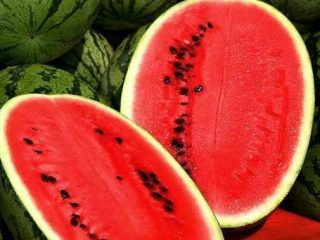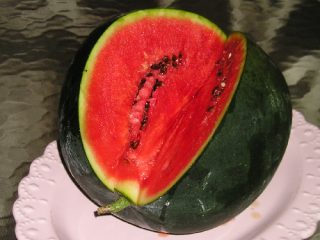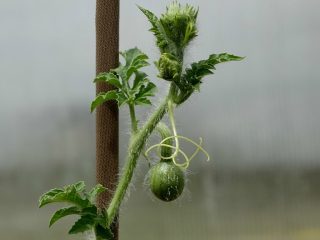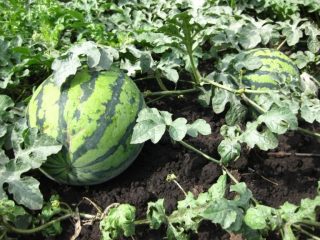Content
Due to its sugar content and high content of nutrients, watermelon is considered one of the most delicious treats for both children and adults. In the old days, the cultivation of watermelons was the exclusive prerogative of the inhabitants of the southern regions of Russia, since this berry is very picky about the amount of heat and sunlight. But not everyone likes to feast on only imported watermelons, since there is no way to control what was invested in them during cultivation.
Therefore, many summer residents and gardeners of central Russia tried to experiment with the cultivation of watermelons on their backyard plots. In recent years, this task has been simplified with the advent of many varieties and hybrids, which, having the shortest ripening times, also have a real watermelon taste and decent fruit sizes. Holland has always been one of the main suppliers of seeds of various interesting plants to the Russian market. Therefore, it is not surprising that the Bonta watermelon, about the cultivation of which in the middle lane there are positive reviews, was produced precisely by breeders from the Netherlands.
Description of the variety
The Bonta f1 watermelon is a hybrid obtained at the beginning of the 21st century with the help of breeders of the Dutch company "Seminis", which at that time was already taken over by the corporation "Monsanto Holland B.V." Therefore, the originator of this hybrid variety was already "Monsanto".
In 2010, this hybrid was officially entered into the State Register of Breeding Achievements of Russia with recommendations for growing in the North Caucasus and Lower Volga regions. But many summer residents and gardeners have adapted to using film tunnels and non-woven materials when growing watermelons. Thanks to these auxiliary shelters, the geography of growing watermelons in general, and this hybrid, in particular, has greatly expanded. This hybrid variety can be found not only in the Central Black Earth Region, but also in the Moscow region and in the Volga region. Bonta watermelon is also grown in greenhouses and get quite decent fruits with good taste characteristics.
In Russia, the seeds of this hybrid can be bought either in branded farm packages from the Simenis company or in packaging from the Sady Rossii and Rostok seed companies.
Bonta watermelon belongs to early ripening hybrids in terms of ripening. For watermelons, this means that the period from full germination to ripening of the first fruit is 62 to 80 days. At the same time, the ripening of the fruits occurs quite amicably. The plants themselves look relatively compact, although they are very vigorous. The main lash is medium in size - it does not exceed 1.5-1.8 meters in length. Leaves are medium in size, green, well dissected. A feature of ripening is that the second and subsequent fruits on the lashes do not shrink in size.
Moreover, a distinctive feature of this hybrid is the ability to harvest even in not the most favorable weather conditions for watermelons. In particular, the Bont hybrid is characterized by high drought resistance.
The yield of this watermelon hybrid is at a fairly high level. On fields without irrigation (rainfed), it can be from 190 to 442 centners / ha, and only for the first two harvests it is already possible to collect 303 centners / ha. And when using drip irrigation, the yield can double or even triple.
Bonta watermelon demonstrates high resistance to many fungal diseases, primarily to anthracnose and fusarium.
Fruit characteristics
The fruits of this hybrid are closest to the Crimson Sweet type of watermelon. Thanks to its outstanding taste and appearance, the Crimson Sweet variety has become a kind of standard for most watermelon varieties and hybrids.
- The bark of Bonta watermelons is very dense, therefore it is well adapted to protect the fruit from sunburn.
- The shape is correct, closer to spherical.
- Watermelons can grow to a considerable size. The average weight of a single fruit can vary from 7 to 10 kg. The diameter can reach 25-30 cm.
- Fruits are light green in color with dark green stripes of medium width.
- The pulp is firm, very juicy and crunchy.
- The color of the pulp is deep red, it tastes very sweet, almost honey. The fruit also has a very attractive aroma.
- Watermelons are notable for their uniformity in size and shape and have a good presentation.
- Seeds are medium in size, brown in color with a spotted pattern.
- Due to the dense peel, the fruits can be stored for a long time and can withstand almost any transportation.
Growing features
Bonte watermelon can be grown in two ways: by sowing seeds directly into the ground or by seedling.
Sowing seeds in the ground
This method can only be used by residents of the southern regions. Bonte watermelon is very light and heat-loving and cannot stand even the slightest frost. Soil temperature for sowing should be + 12 ° + 16 ° C on average. The seeds are kept in water with a temperature of about + 50 ° C about a day before sowing. This is best done in a thermos. After the seeds begin to hatch, they are planted in holes to a depth of 6-8 cm with an interval of about one meter between them. To accelerate the growth and development of plants, seedlings can be covered with non-woven fabric or inverted plastic bottles with a cut-off neck.
Seedling method
For most of the inhabitants of Russia, it makes sense to use the seedling method for growing watermelons. This will provide a guaranteed opportunity to obtain a crop in conditions of too short a summer. It makes sense to grow seedlings from the end of April to the beginning of May, in order to plant already 30-day-old plants in the ground. First, the seeds are warmed up in warm water at a temperature of + 50 ° - + 55 ° C. They can then be germinated in warm sand or damp cloth. When small seedlings appear, the seeds are placed in separate pots, 1-2 seeds per container. The pots are pre-filled with a light mixture of sand, peat and turf. The containers with the sown seeds are covered with transparent polyethylene and placed in a place with a temperature of about + 30 ° C.
After emergence, the polyethylene is removed, and the pots are placed in a bright place. As the watermelon seedlings grow, the temperature gradually decreases until it reaches + 16 ° + 18 ° С.
After a month, Bonta watermelon seedlings develop 5-6 true leaves and can be transplanted into open ground to a permanent place.
Bonta watermelon will show its best when grown in unshaded sunny areas with light sandy soils. If the soil on the site is heavy, then in the place where the watermelons grow, it is necessary to add at least a bucket of sand for each square meter.
Nitrogen fertilizers should only be applied when planting watermelons. In the future, it is advisable to use mainly phosphorus-potassium supplements. For the entire growth period, watering can be done about 3-4 times. During the period when the fruits begin to ripen, watering is completely stopped.
Reviews of gardeners
Bonta's watermelon has collected mostly positive reviews about itself, many like it for its early ripeness, excellent taste and unpretentiousness in growing.
Conclusion
Bonta's watermelon has all the necessary characteristics for growing it in many regions of Russia, and not only in the southern regions. Therefore, beginners in gardening can safely recommend this hybrid for their first experiments with watermelons.
